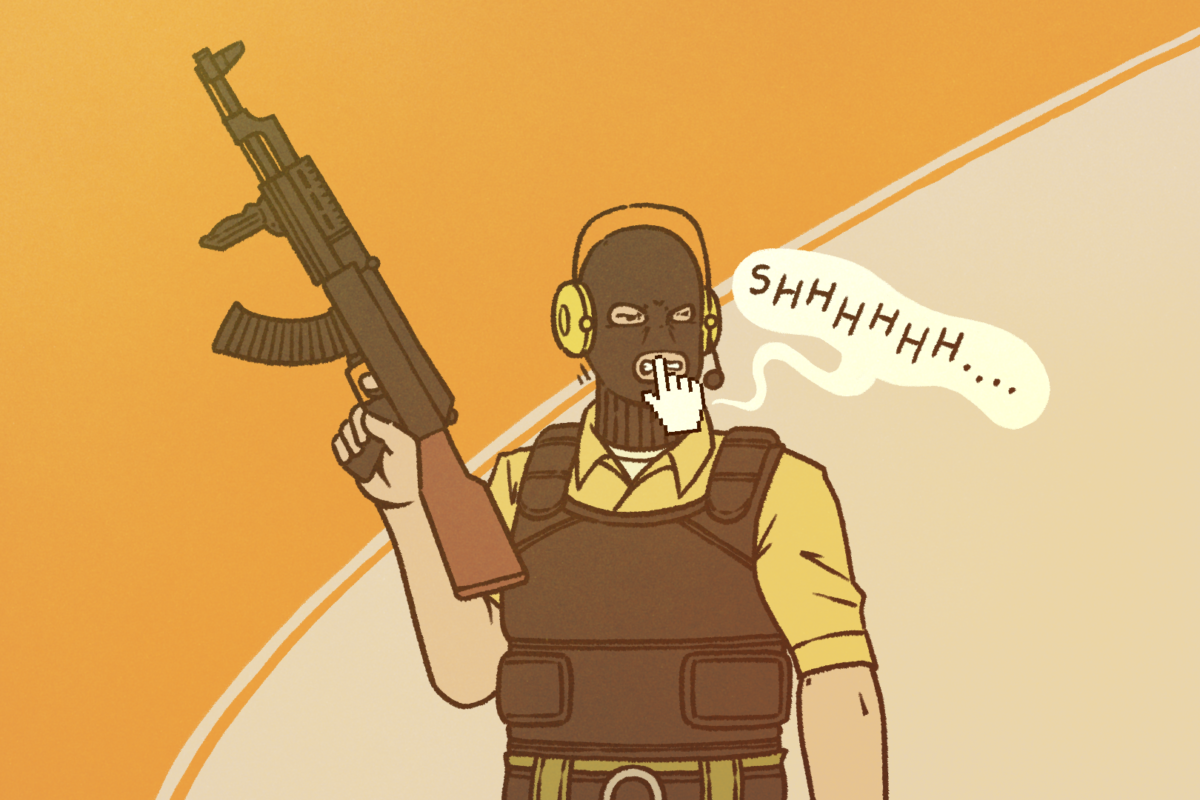The gaming industry has done so much more than you think to keep the game community a better and safer place to be.
While the pandemic had a negative impact on various industries, the gaming industry was not only resilient but also consolidated itself in a growing profit loop. Even throughout the lockdowns, it stood out with revenues exceeding USD $174 billion, according to Newzoo.
As the gaming industry thrived, it created new job opportunities to meet the demands of a growing online audience. To understand the magnitude of this growth, Steam recorded an all-time high of 23.6 million average users in April 2020. Today, the gaming platform reported 33 million peak concurrent players. In 2022, at the tail end of the pandemic, streaming platform Twitch’s audience watched approximately 1.3 trillion minutes of video content, which is double the amount of time spent in 2019. With such rapid growth, commercial community moderators are essential to ensure safety and enjoyment in the virtual universe.
Monitoring progress, maintaining stability and ensuring the safety of those who publish and consume content on a digital gaming platform is a social and mental challenge. These people work to guarantee a healthy space for those who turn on their consoles and PCs to distract themselves.
During the pandemic, commercial community moderators who were previously incognito on social media were called to the stage and the world learned about their valiant activities. In the post-pandemic era, the discussion surrounding the future of commercial community moderation has shifted with the arrival of the new act: the impact of artificial intelligence. As AI becomes a significant player in various sectors, including gaming community moderation, a careful and strategic approach is needed to balance the unique contributions of human moderators with the growing role of AI.
The tool seems to emerge more as a support rather than a replacement. The ability to understand contexts, judge critically, and discern terms, dialects, and distinct uses of language is better left to the human mind, but this does not erase the countless skills and contributions that AI can bring. The best match would be combining AI with human activity in game moderation, as AI could be used to lessen the burden placed on gaming moderators and optimize their work. Montreal is one of the hubs of gaming community moderation, and the companies based here have a unique perspective on the valuable activity of the moderators. Thinking about sharing the stage with AI could make their show even greater knowing that the tools can improve their activity and ensure a better place to be and play.
In the evolving landscape of the gaming industry, the symbiotic relationship between human moderators and AI emerges as the key to maintaining an enjoyable virtual universe. As the sector continues to flourish, it’s clear that while AI is a valuable ally, it’s the harmonious fusion of human expertise and the tool capabilities that will shape the future of commercial community moderation in gaming.
